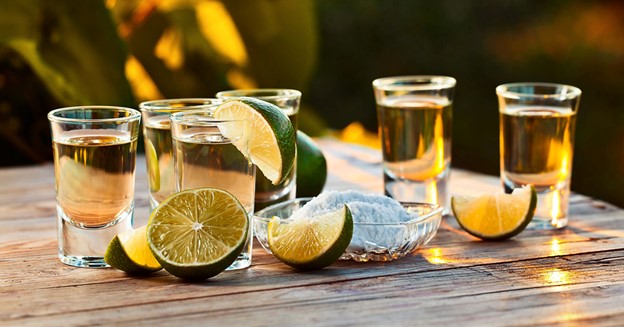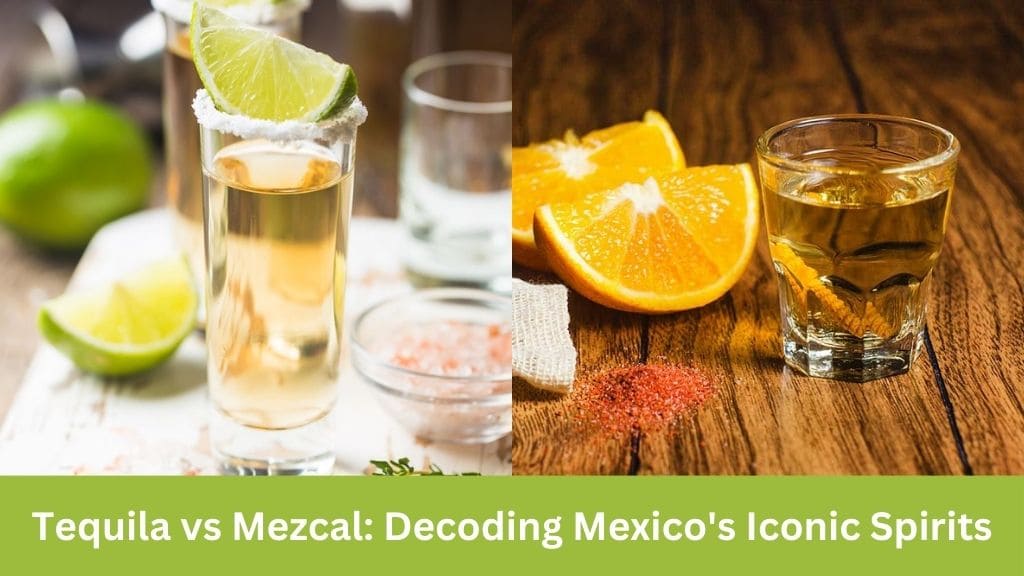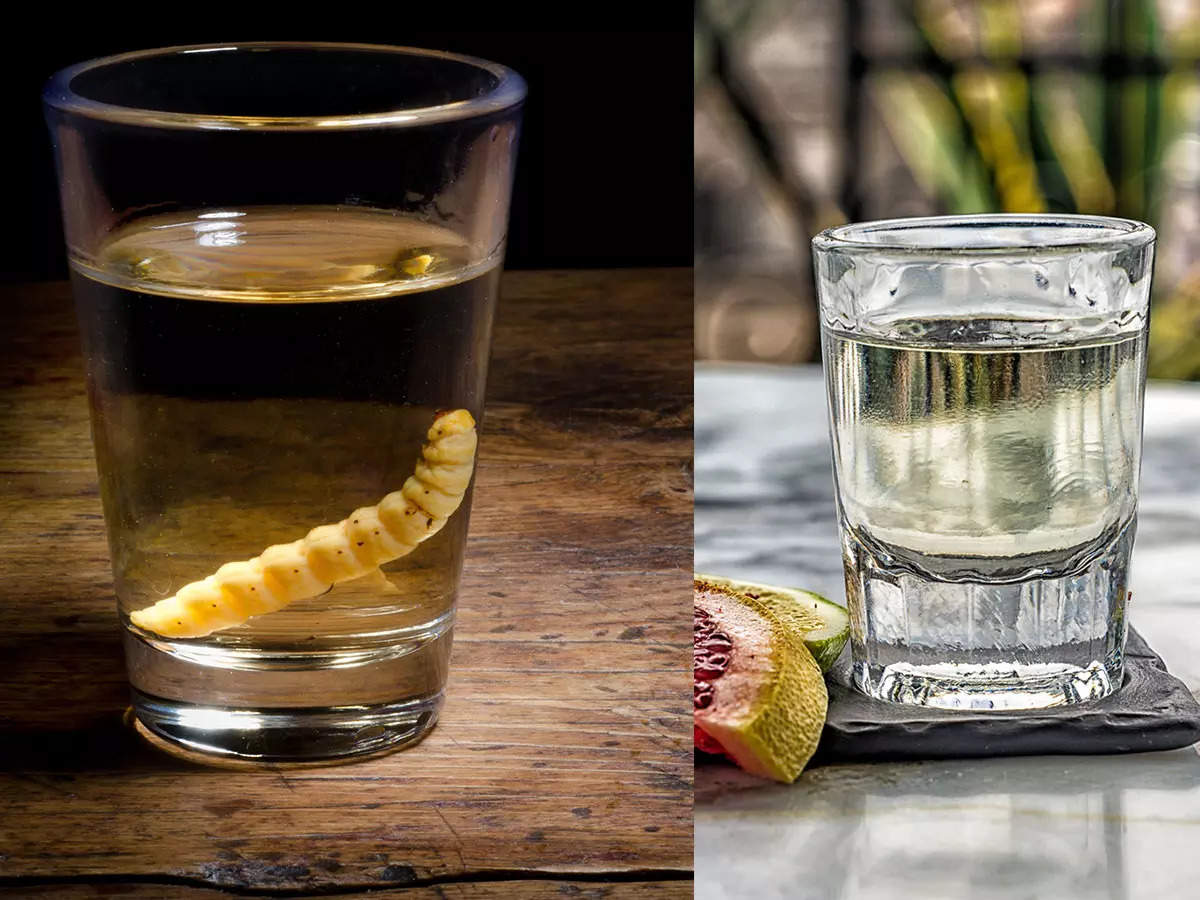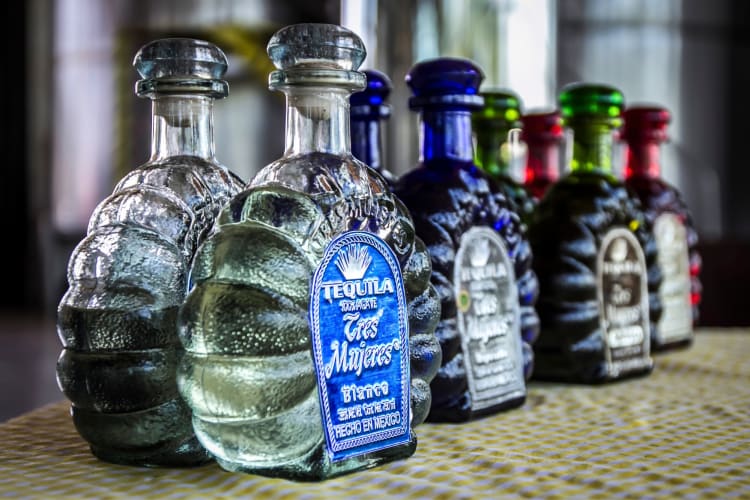Mexican spirits have long been celebrated for their unique flavors and rich histories. Among these, tequila and mezcal stand out as the most renowned. Despite their growing popularity around the world, many still confuse the two, often wondering what sets them apart. This comprehensive blog post aims to demystify tequila and mezcal, exploring their origins, production processes, flavors, and cultural significance.
Tequila and mezcal, both distilled from the agave plant, are cornerstones of Mexican bar culture. While they share some similarities, their differences are distinct and noteworthy. This post will unravel these differences, providing a clear understanding of each spirit’s unique characteristics.
About Tequila and Mezcal
Origins of Tequila
Tequila’s history dates back to the Aztecs, who created a fermented beverage from the agave plant known as pulque. When the Spanish arrived in the 16th century, they introduced distillation techniques, leading to the creation of tequila as we know it today. The town of Tequila, in the state of Jalisco, became the birthplace of this spirit, with the first licensed manufacturer, Jose Cuervo, starting production in the late 18th century.
Origins of Mezcal
Mezcal, often considered the older sibling of tequila, has a history that spans over 400 years. Its origins can be traced back to the indigenous peoples of Oaxaca, who utilized traditional methods to roast agave in earthen pits. This ancient technique has been preserved and continues to define mezcal production to this day.
Types of Agave
The primary distinction between tequila and mezcal lies in the types of agave used.
- Tequila: Can only be made from one type of agave, the Blue Weber Agave (Agave tequilana).
- Mezcal: Can be produced from any of the 40 recognized species of agave, including Espadín, Tobalá, and Madrecuixe. This diversity results in a wide range of flavors and complexities.
Production Process

Harvesting and Preparation
The journey from agave plant to bottle begins with harvesting. The heart of the agave plant, known as the piña, is extracted and prepared for cooking.
Cooking the Piñas
- Tequila: The piñas are typically steamed in brick ovens or autoclaves. This method is more industrial and results in a cleaner, more consistent flavor.
- Mezcal: The piñas are roasted in conical pits lined with rocks and filled with wood and charcoal, imparting a distinctive smoky flavor to the final product.
Fermentation and Distillation
- Tequila: Fermented using industrial yeasts and distilled in large copper pot stills. The process is highly regulated, ensuring uniformity.
- Mezcal: Often fermented with wild yeasts in open-air containers, which adds to the complexity and variation in flavor. Distillation usually takes place in small, rustic stills, often made of clay or copper.
Flavor Profiles

Tequila and mezcal offer distinct tasting experiences:
- Tequila: Known for its smooth, clean taste with notes of citrus, pepper, and herbs. The flavor can vary from earthy and vegetal to sweet and floral, depending on the aging process.
- Mezcal: Characterized by its smoky flavor, derived from the roasting process. Mezcal can be earthy, spicy, sweet, or floral, often with complex layers of flavor that vary significantly between batches and agave species.
Aging Categories

Both tequila and mezcal are categorized based on their aging process:
- Blanco/Plata (Silver): Unaged and bottled immediately after distillation. Known for their pure, unaltered flavors.
- Reposado: Aged for 2 months to 1 year in oak barrels. These spirits have a light amber color and develop more complex flavors.
- Añejo: Aged for 1 to 3 years. They have a deeper color and richer flavor profile, often with notes of vanilla, caramel, and spices.
- Extra Añejo: (Specific to tequila) Aged for more than 3 years. These are the most complex and expensive, with deep, intricate flavors.
Geographical Indications
Geographical indications play a crucial role in the production and identity of these spirits:
- Tequila: Must be produced in specific regions of Mexico, primarily in Jalisco and certain municipalities in Guanajuato, Michoacán, Nayarit, and Tamaulipas.
- Mezcal: Primarily produced in Oaxaca, but also in several other states including Guerrero, Durango, San Luis Potosí, and Zacatecas.
Cultural Significance
Both spirits hold deep cultural significance in Mexico:
- Tequila: Seen as a symbol of national pride, it is deeply ingrained in Mexican celebrations and traditions. Its production involves generations-old techniques passed down within families.
- Mezcal: Regarded as an artisanal craft, its production is highly labor-intensive and rooted in ancient traditions. Mezcal is often associated with indigenous rituals and ceremonies.
Choosing Between Tequila and Mezcal
When deciding between tequila and mezcal, consider the following:
- Flavor Preference: If you enjoy a smooth, clean spirit with consistent flavors, tequila is a great choice. For those who appreciate smoky, complex flavors with a touch of unpredictability, mezcal is ideal.
- Cocktail Use: Tequila is a staple in many classic cocktails like Margaritas and Tequila Sunrises. Mezcal, with its bold flavors, is perfect for adventurous cocktails like the Mezcal Negroni or Mezcal Margarita.
- Cultural Experience: Both spirits offer a taste of Mexican heritage. Choosing mezcal often means supporting small, family-run distilleries and experiencing a wider variety of traditional production methods.
Conclusion
Tequila and mezcal are more than just spirits; they are embodiments of Mexican culture, tradition, and craftsmanship. Understanding their differences not only enhances your appreciation but also deepens your connection to the rich history and diverse flavors that these iconic beverages offer. Whether you prefer the smooth consistency of tequila or the bold, smoky complexity of mezcal, both provide a unique and memorable drinking experience.
I’m Chen Mina, from Vol de Nuit, who has a special passion for bartending, especially mixing wine, beer, and cooktail. Here you will find content about alcoholic beverages, I will bring you knowledge that few people know about this drink.







